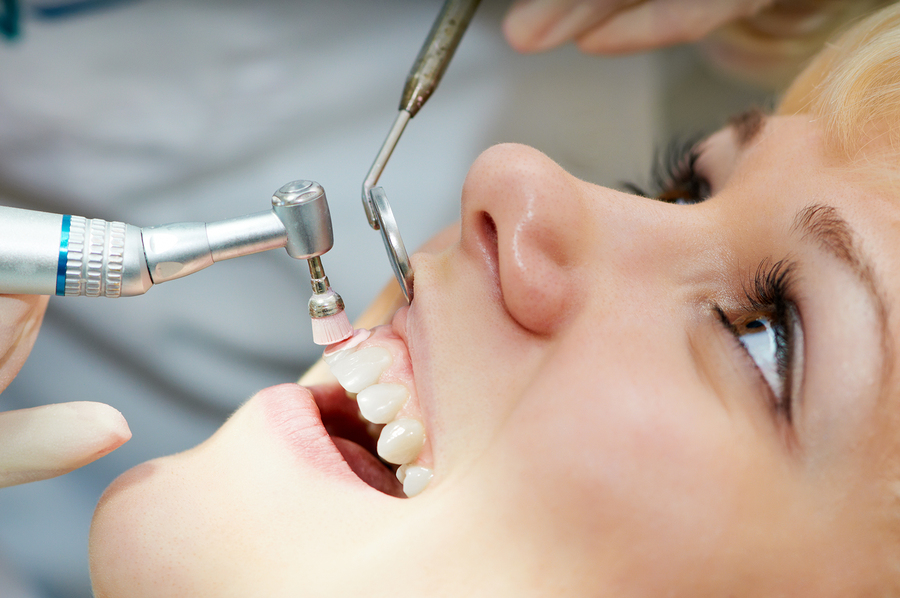Cleaning and Polishing
Dental plaque is a pale yellow biofilm, that develops naturally on the teeth. Like any biofilm, dental plaque is formed by colonizing bacteria trying to attach themselves to the tooth's smooth surface. Dental plaque starts to harden within 48 hours, and in about 10 days the plaque becomes dental calculus (tartar), hard and difficult to remove. Dental plaque can give rise to dental caries (tooth decay) and periodontal problems such as gingivitis and chronic periodontitis.
Without scaling and polishing, tartars can cause tooth decay and gum disease due to bacteries. If your gum is bleeding during brushing your teeth, the gum is certainly inflamed. If the inflammation persists for a long time, the gum and the periodontium begin to atrophy. This can result long term gingival recession, tooth sensitivity, instability and eventually teeth-loss.
It is recommended to see your dentist or oral hygienist every 6 months for a check-up and teeth cleaning. It depends mainly on general oral hygiene of each patients, such as the way of brushing and specific individual factors.
At our Geneva clinic, professinal hygiene is carried out with an ultrasonic plaque remover.
During ultrasonic dental cleaning, the hygienist uses a Swiss-made instrument called an ultrasonic scaler. There is no pain (if you would ever experience extreme sensitivity, local anesthesia can be given), or side effects associated with the intervention. The scaler distributes ultrasonic vibrations to literally blast dental tartar off the teeth. Sterile water is constantly projected to remove tartar by cavitation.
Most dental cleanings take between 30 minutes and an hour. Cleanings are painless, and performed in a comfortable, lying position in a dental chair.

 Français
Français  Русский
Русский  English
English 



